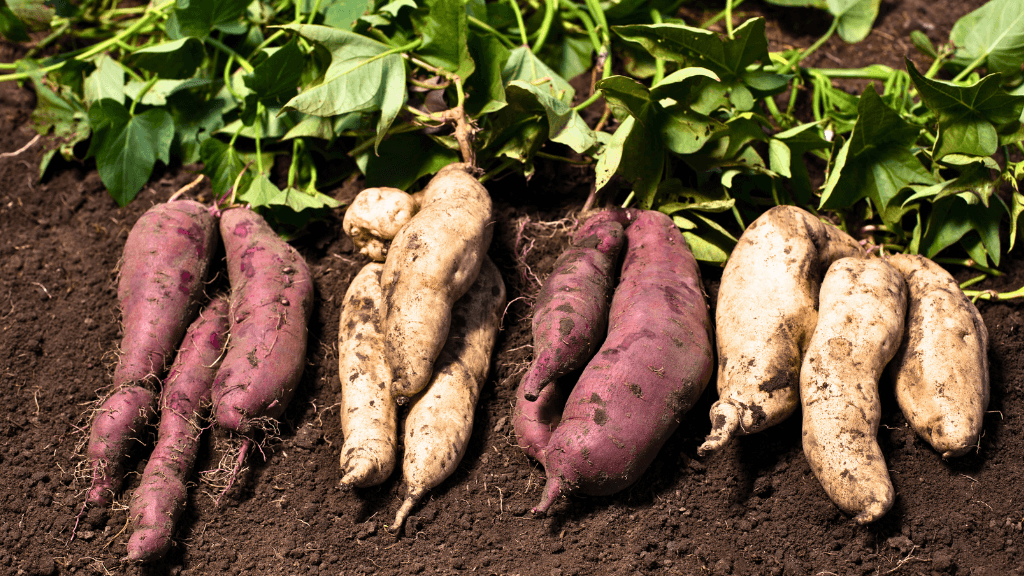Are starchy vegetables bad for me?

Starchy vegetables get a bad rap.
Too often, they're lumped together with processed carbs and sugary foods as foods to avoid.
"They're just starch that turns to sugar in your body so cut them out if you want to be healthy" that's the warning some nutrition gurus give.
But I've found this oversimplification highly misrepresents these nutrient-packed foods and also completely ignores their crucial role in food cultures worldwide.
What makes starchy vegetables different?
Let's get something straight: starchy vegetables are not candy bars.
When you bite into a sweet potato, plantain or cassava, you're getting:
- Dietary fiber that supports gut health
- Complex carbohydrates for sustained energy
- Resistant starch that feeds beneficial gut bacteria
- Essential vitamins and minerals your body needs
- Natural plant compounds with health benefits
The complexity of these foods means your body must work to break them down. Unlike processed sugars that flood your bloodstream quickly, your body absorbs the glucose from starchy vegetables gradually. And this provides:
📍 Steady, sustained energy without crashes
📍 Gradual insulin response (not spikes)
📍 Longer-lasting fullness and satisfaction
In regions like West Africa, starchy staples are a foundation of nutritionally complete meals when paired with traditional accompaniments.
Yam with palava sauce, eba with efo riro, or roasted plantain with groundnuts create balanced nutrition profiles that have sustained people for generations.
Starchy veggies are nutritional powerhouses in disguise
- Sweet potatoes give about 283% of daily beta-carotene needs per 100g
- Yams offer 14.6% of your daily fiber requirement per 100g
- Taro delivers a balanced mix of vitamins and minerals
- Cassava provides substantial vitamin C
The exact nutrition differs depending on the variety, cooking method and what it's paired with. But the bottom line is these veggies are nothing like ultraprocessed or sugar-laden foods.
These aren't empty calories – they're concentrated nutrition sources when prepared in traditional ways.
The real problem isn't starch
The issue isn't starchy vegetables themselves but rather:
Replacing them with ultra-processed alternatives
Removing them from their traditional food pairings
Overconsumption without balance
When we demonize foods that have supported human health for centuries, we risk pushing people toward less nutritious processed alternatives that mimic familiar textures but lack the complex nutritional benefits.
Rather than cutting starchy vegetables from your diets, learn from food cultures that have masterfully used them in balanced, delicious meals for generations.
Pair your starchy vegetables with nutrient-rich soups, stews, vegetables, and protein sources.
Enjoy them in their whole form rather than highly processed versions. And appreciate that these foods aren't just fillers; they're nutritional powerhouses
Starchy doesn't always mean unhealthy. Context, preparation and food pairings matter more than simplistic food rules ever will.
Here's a list of starchy vegetables
A list of starchy veggies
- Sweet potato
- Squashes
- Cocoyam
- Cassava
- Parsnips
- Plantain
- Potato
- Taro
- Yam
And many many more
